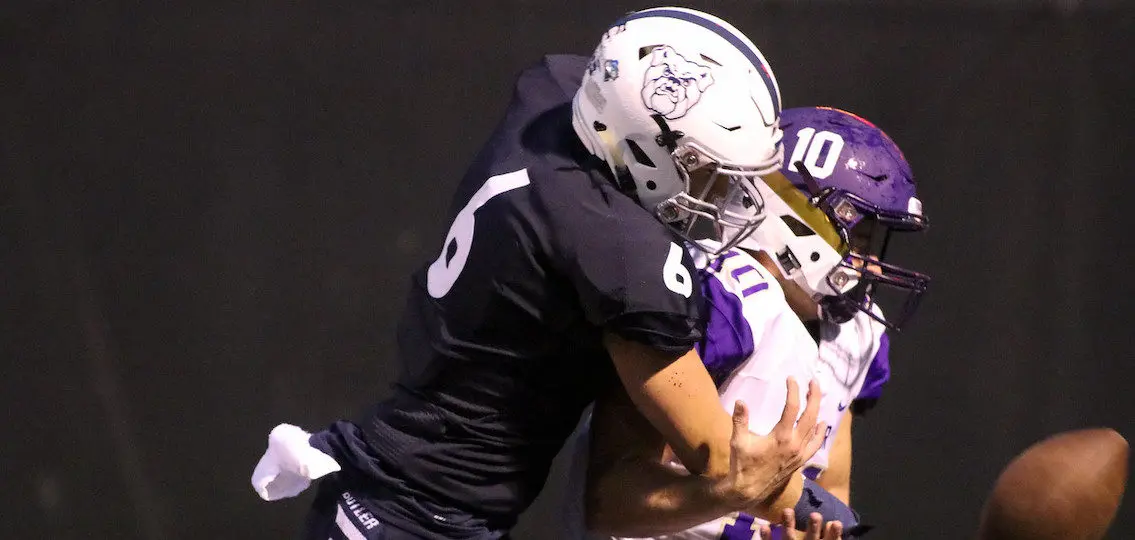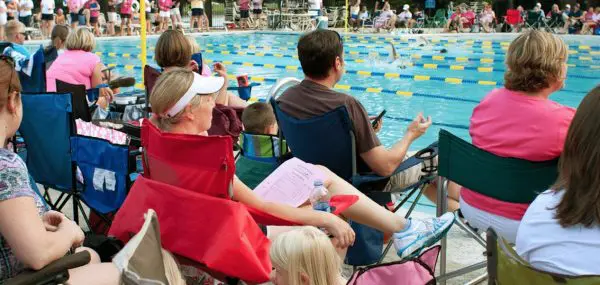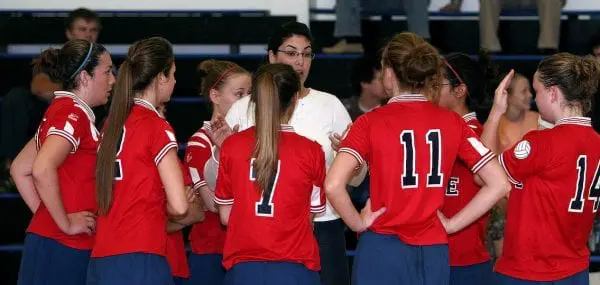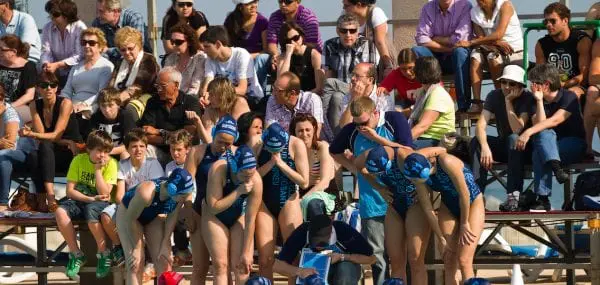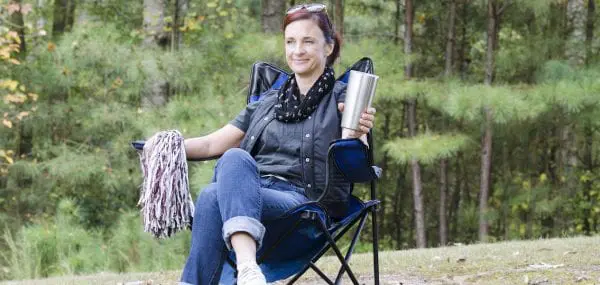According to the National Collegiate Athlete Association (NCAA), more than 460,000 student-athletes–more than ever before–compete in 24 sports every year. Playing at the collegiate level is a dream for many teens and often dictates their college selection.
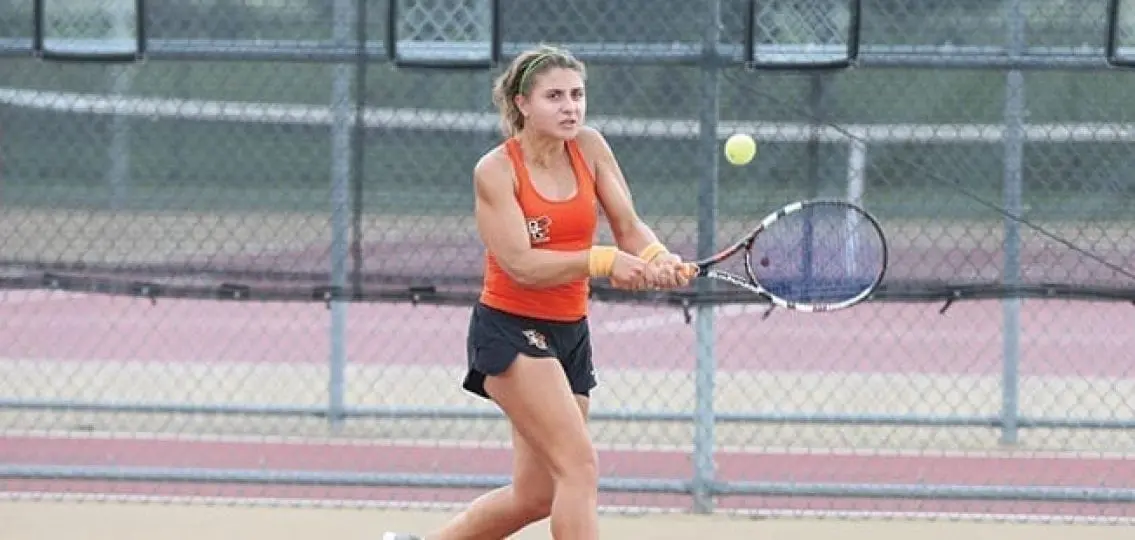
But playing college sports may be different than what an athlete envisioned. The time commitment and level of competition may cause many athletes to reconsider their choice, or they may get hurt and become unable to play.
What happens to college athletes who choose a college based on playing a sport and then they don’t (or can’t) play college sports anymore?
3 Obstacles that College Athletes Face:
1. Not being the star
Renee Lopez, a recruiting and coaching educator and author of Looking for a FULL Ride? An Insider’s Recruiting Guide, says, “Students that colleges recruit to play on a college team were usually star athletes in high school. They were team captains, received local media attention, got a lot of playing time, and had coaches who praised them. They get to college as a freshman and are competing at a much higher level. Many are not mentally prepared for the challenge, and they struggle.”
2. Fatigue and injury
High school athletes may underestimate the physical demand of college sports. Teammates and competitors are bigger, stronger, and faster than at the high school level. It also is difficult for these athletes, many away from the careful eye of their parents for the first time. It’s hard to stay healthy, get enough sleep, and eat properly. Injuries and illnesses due to fatigue (such as mono) are also common.
3. Time commitment
The time commitment is another issue. Balancing athletics and academics can be hard and may not allow for any additional activities of interest. When a collegiate athlete no longer wants to play, the first step for parents is to offer support, love, and compassion. Allow your child to vent about his many mixed emotions, which may include sadness, frustration, anger, embarrassment, or guilt.
Next, parents need to dig deeper into the problem, as the reasons will dictate how parents can best help.
3 Reasons Why Athletes Stop Playing and How to Support Them:
1. Getting cut
For some athletes, the decision to stop playing a sport is not their own. Even if a college recruited a player, cuts happen throughout the year. Understand that getting cut is traumatic for an athlete who loves a sport and has played for most of their life. Give them time to digest and process the news. When they are ready, brainstorm other activities on campus that they might want to pursue. This may include continuing to play at a club or recreational level.
2. Injuries or illness
Alternatively, injuries can sideline an athlete for a season or permanently. Rick Wolff, sports psychologist and author, says, “Parents need to make sure the athlete treats an injury or illness with proper medical attention throughout the entire recovery. Also, to manage any psychological concerns or worries after returning to action.” Encourage your child to look for ways to continue to participate with the team while recovering, such as scorekeeping. If the athlete’s injury is season or career ending, parents should proceed with the same support they would offer an athlete cut from a team. Understand that it will take time to get over the loss.
3. Personal choice
Other teens may decide on their own that they don’t want to play anymore. Poor grades, lack of playing time, loss of enjoyment, or missing out on other social activities can all be factors that lead a student to want to quit.
This may be the most conflicted scenario for parents to navigate. Lopez says, “Sometimes athletes struggle as they transition from high school to college. Dealing with adversity and learning to adapt to new situations are important life skills to develop. This applies whether the athlete continues to play a sport or not. Parents should encourage their athlete to talk to their coaches, captains, or faculty advisor about the difficulties they are facing.”
Unless the coach is abusive, or the situation is dangerous, athletes should not quit mid-season. Wolff says, “Athletes have committed to their team and coach and parents should encourage the athlete to honor that commitment.”
Lopez adds, “Athletes tend to be tired and emotional at the end of the season. Advise your teen to recover mentally and physically before making a final decision.”
If after serious consideration an athlete still feels they no longer want to play, be supportive. Help develop a plan because not being a part of a team can create an emotional and social void. Discuss other interests, passions or clubs your student might pursue.
Given the possibility that their teen’s athletic career may not last throughout college, parents need to make sure that playing a sport isn’t the only factor in a student’s decision to attend a specific college. Wolff says, “Can they see themselves having a positive identity and experience on that campus if sports were removed from their life?”
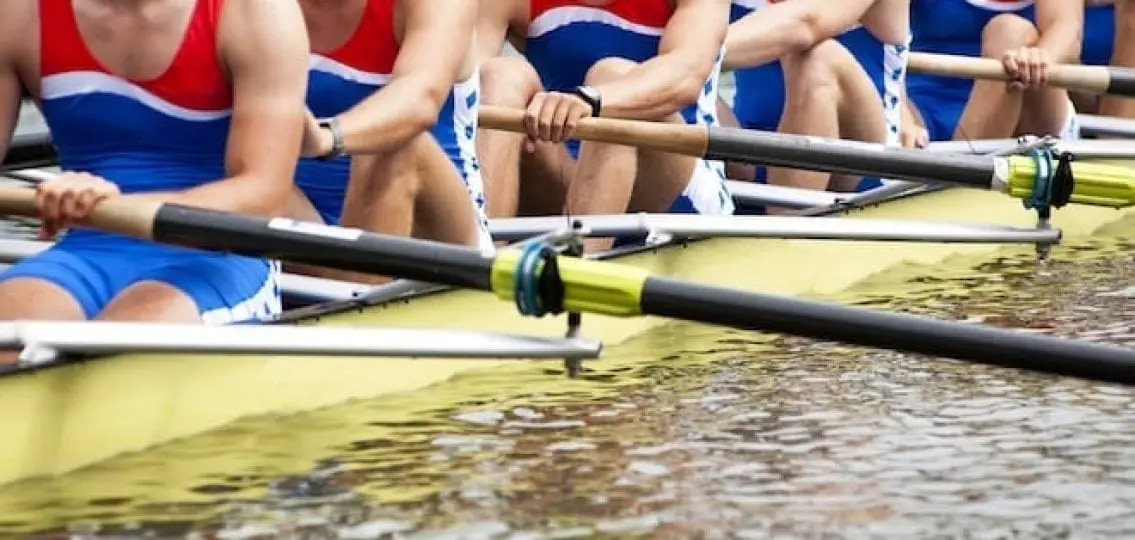
Help students choose a school that is an overall fit academically and socially, not just solely based on playing a sport. Selecting a college that they like for many reasons will minimize the chance that the student will want to transfer if playing a sport does not work out.
